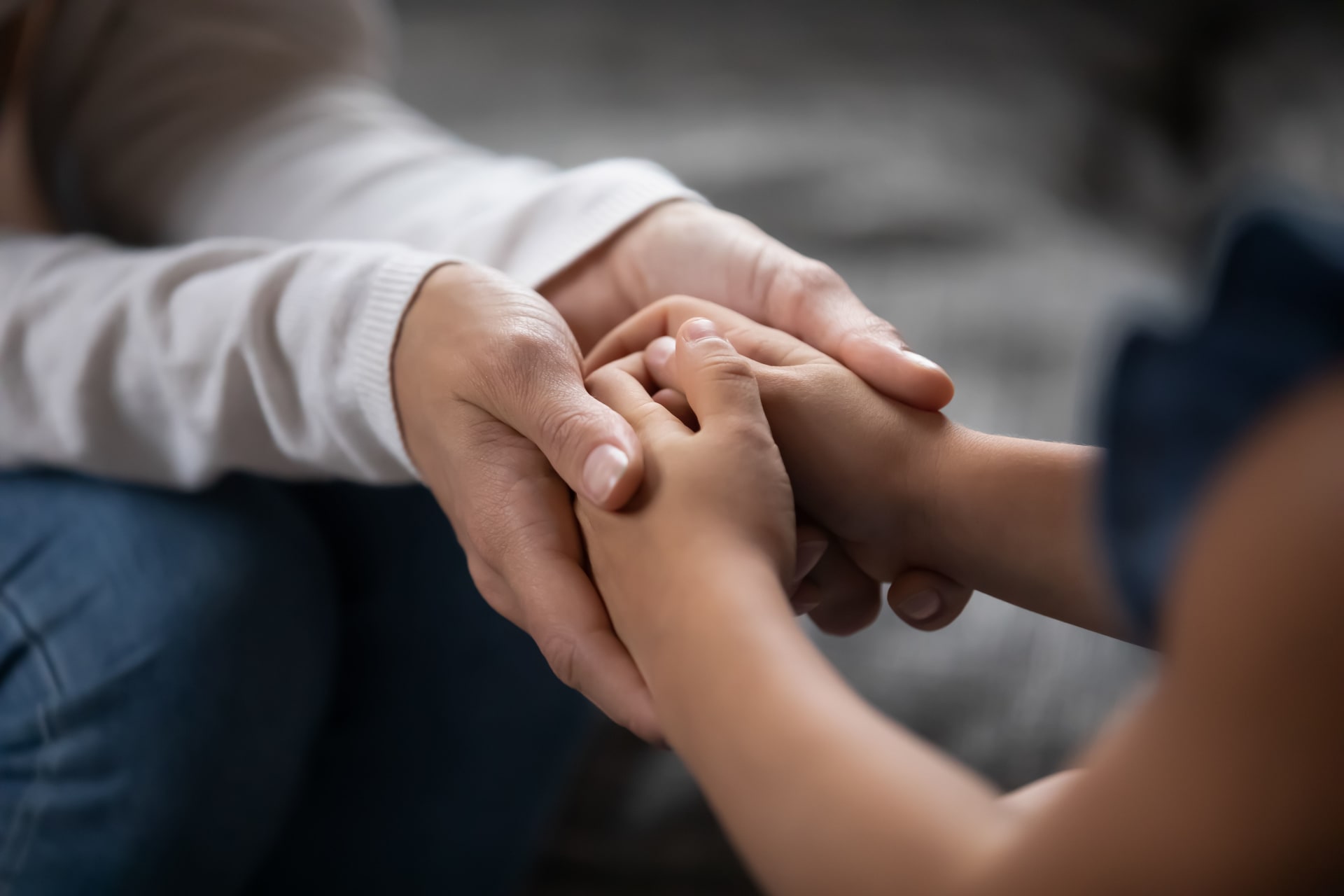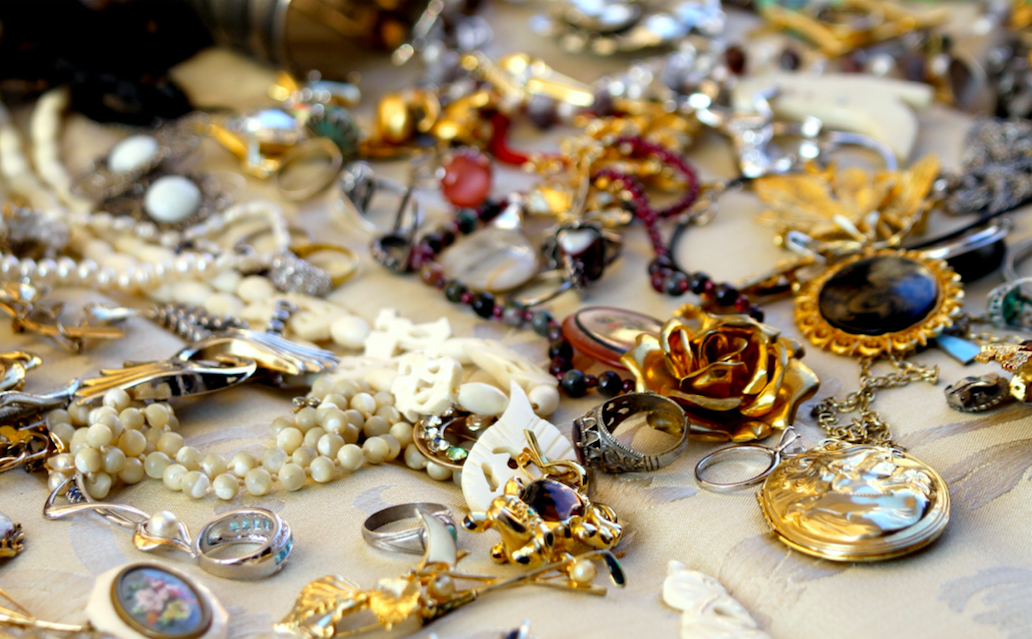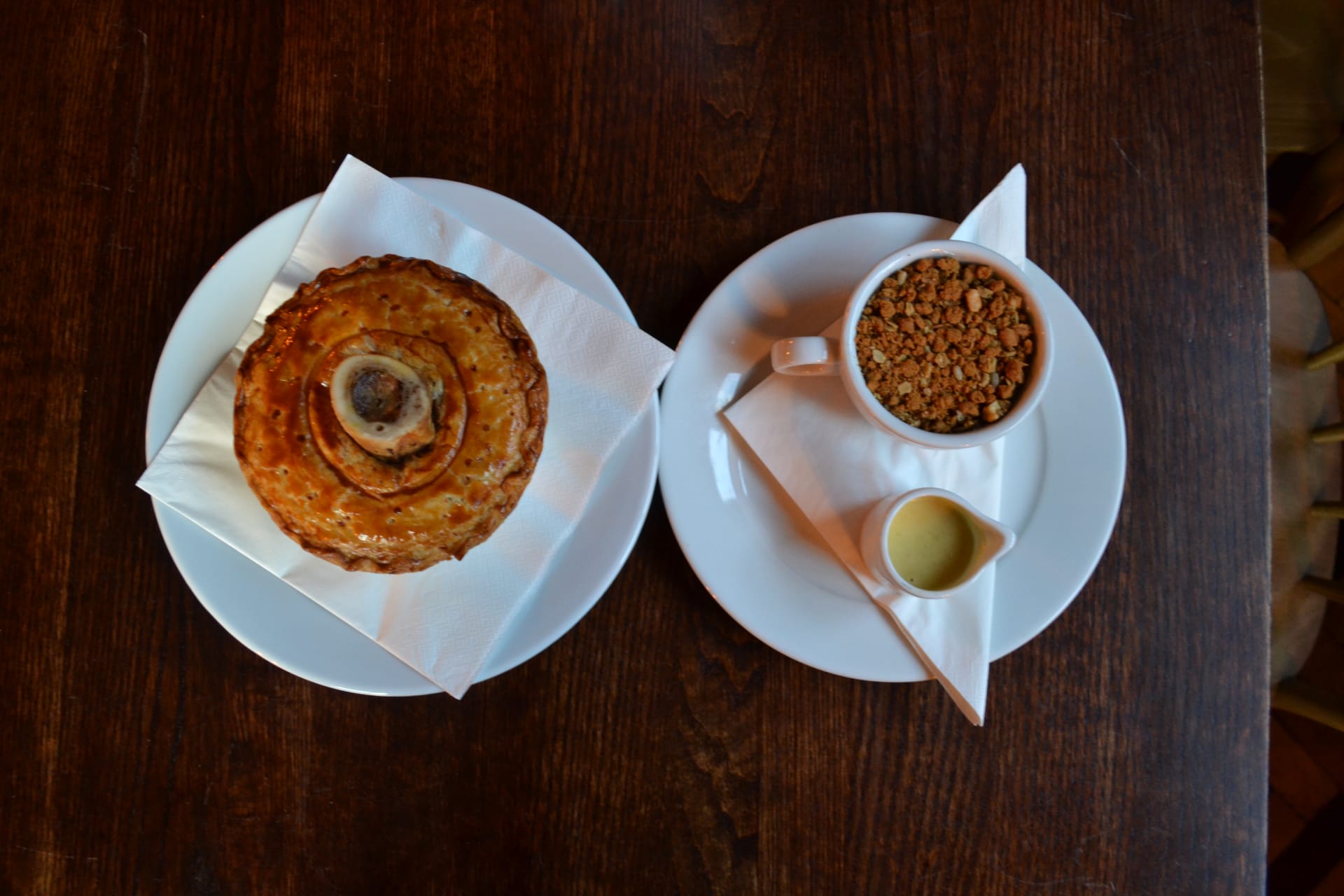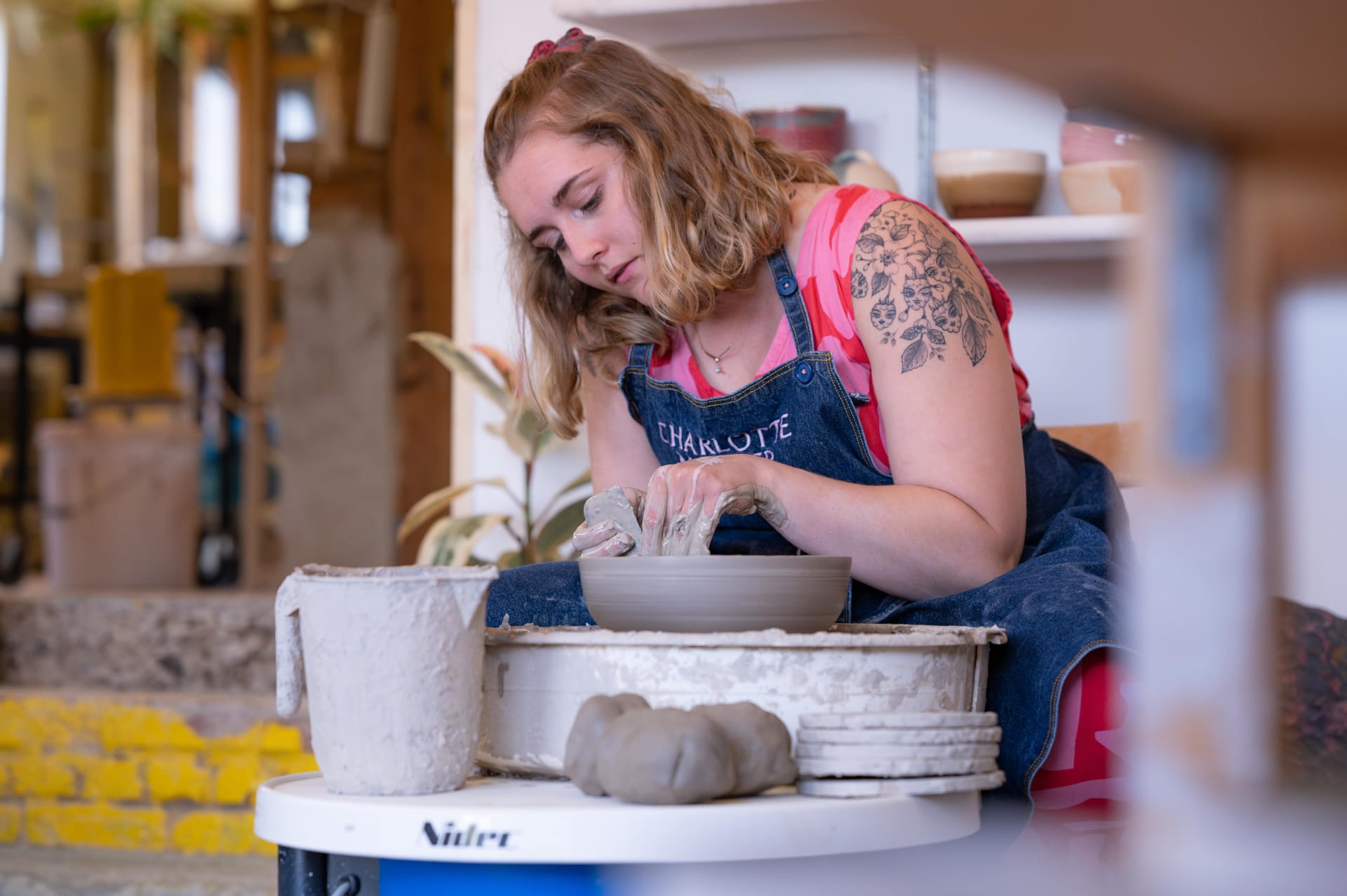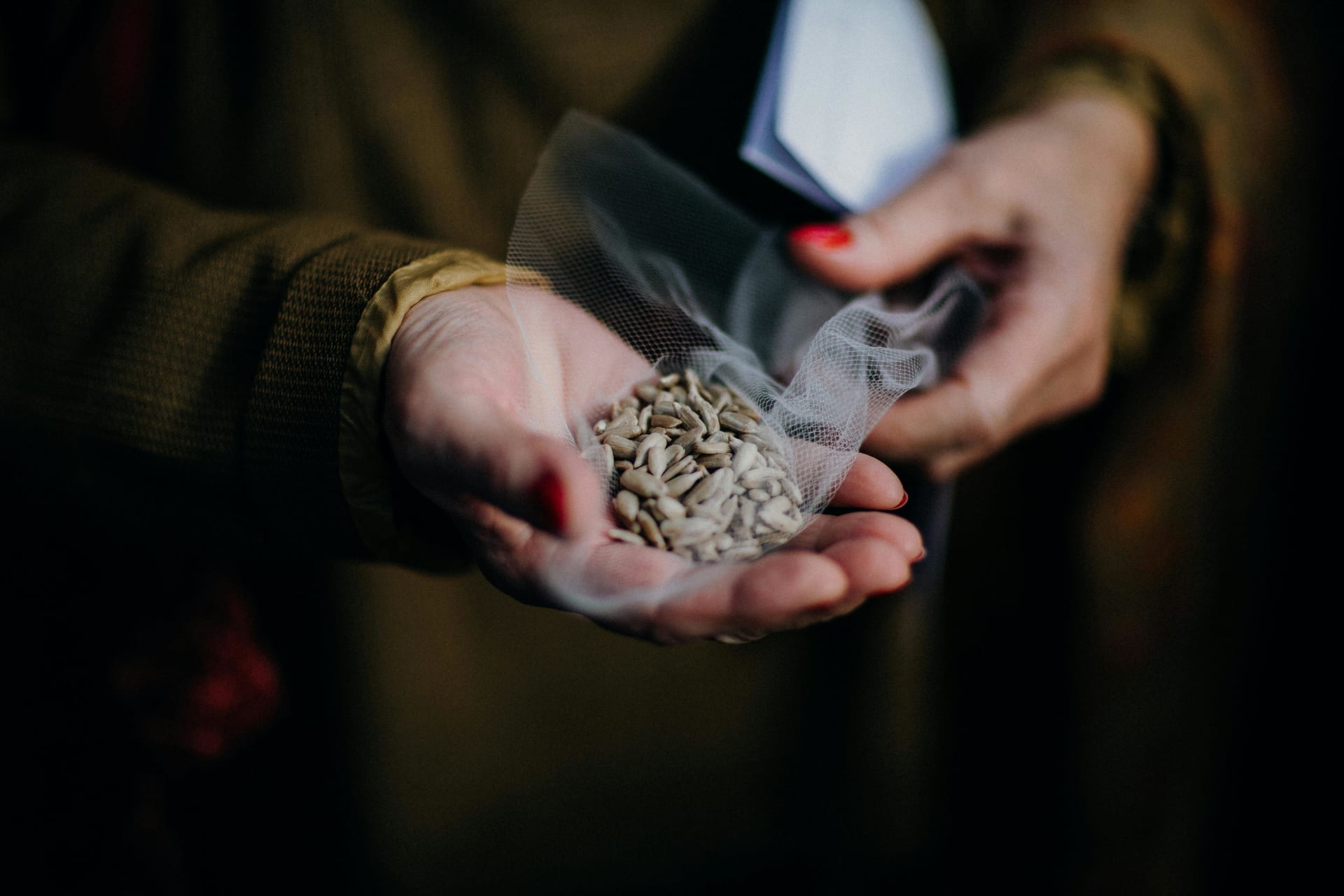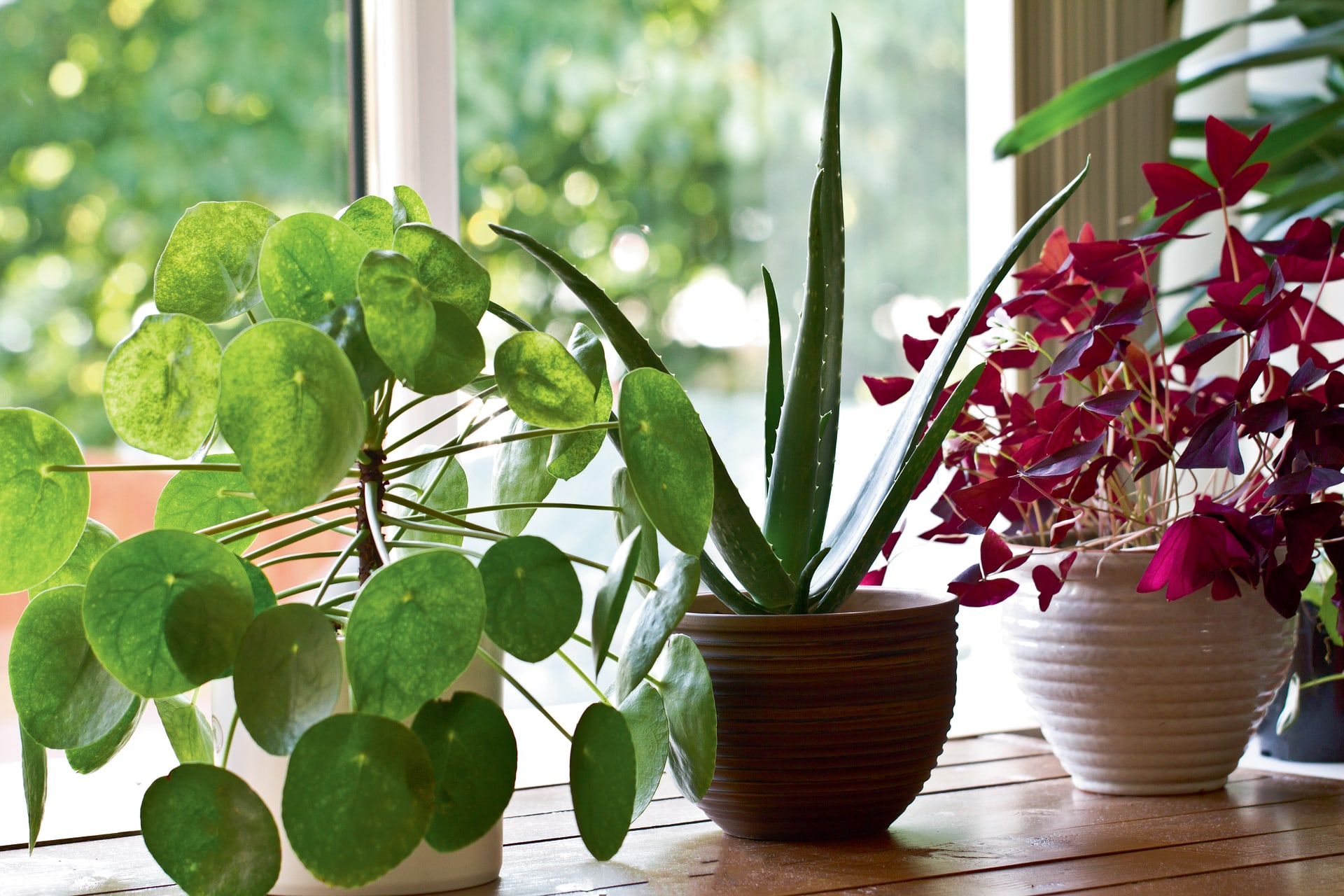Samantha Allen has been in the media many times in her role as one of Oxfordshire’s foster parents. For the Love issue of OX we were eager to learn more about this very necessary form of giving love and support to those who need it most.
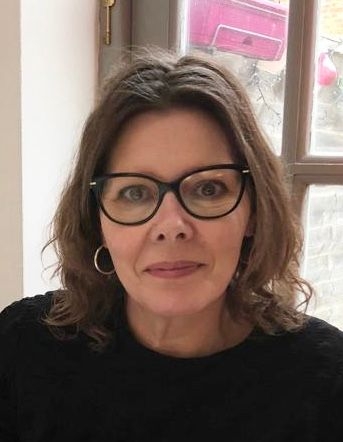
Samantha Allen
First, what led you to fostering?
When my youngest son started nursery, he became friendly with a little girl in his group. Her mum and I became good friends and after about six months she told me that her little one was her foster child. Over a period, I had a glimpse into the world of fostering. My friend was an emergency carer, prepared to take in one or siblings anytime of the day or night. Most of the children that she looked after were short term and this is something that I didn’t know existed. I was aware of fostering, but not that there were different aspects to the role.
What do you personally get out of it?
Seeing a happy ending, which comes in varying guises. Watching babies come through the withdrawal process, making babies feel secure and loved so they flourish. Children going back to their birth parent or parents. The mums and their babies (the type of fostering I do) going home together. It’s wonderful to see mums recognising that they are strong, that they can manage their anxiety and seeing their confidence grow.
How does it feel when they arrive and then, when they leave?
We have mums and their babies come and stay for a period of approximately 12 weeks. It can be a little apprehensive at first for all of us: sometimes it’s the first time they have been away from their family home, it’s their first child or both, in which case I do the best I can to make them feel welcome in my home. I like to find out their favourite foods and if there is anything they want to bring with them that makes them feel secure, like their own bedding or pillows that’s ok; anything which helps ease them in so that we start off on a good note. It’s imperative that they know that I’m not here to take over the care of their baby – I’m here to help in any way which it presents itself.
It’s always the best feeling when the mums leave with their babies. At times it can be intense and tiring, as you would expect with a newborn, but when they leave together there’s nothing more satisfying than seeing the two of them go; it makes me feel very proud. What’s even more wonderful is if we stay in touch – sometimes only once or twice a year – but to watch from afar the little person go from strength to strength gives me a huge amount of joy and makes me smile.
What do you think is the most important element in making a mum feel cared for, confident and supported?
Empowering them. Teaching new skills like budgeting, cooking or keeping to a simple routine. Most importantly is to listen, to talk, to encourage them to try, and to praise and never undermine them.
Can you share any specific story of a child in your care?
So many to mention, so rather than singling one out here’s an insight into some we’ve had over the years. Helping an 18-month-old with an eating disorder; a young mum believing in herself that she is strong, she has confidence, she is capable, determined and able to achieve many things which comes with the demands of looking after themselves and their baby; babies coming through withdrawal; mums coping with a prem baby and what that sometimes looks like, their baby possibly having stomas or being tube fed.
Can you tell us more about your day to day life both as a foster mother and as Samantha?
It is so varied from day to day and week to week. The placement always dictates; sometimes mums need a small amount of support, others require much more. Generally, there’s meetings with the Child Social Worker, my Supervising Social Worker, maybe the Health Visitor and a Family nurse practitioner. There may be health issues, so trips to the JR or Nuffield. At times training sessions for myself and baby groups for the new mums. But, still making time to be at home with the family, cooking, going to the theatre, cinema, meeting friends, gardening, walking, taking holidays – usual everyday life things.
What do you think holds people back from fostering?
Possibly that they are not aware there’re so many types of fostering. Respite, short term, long term, parent and child for example or the fact that you can be single, same sex or however your family presents itself. Age, too, maybe a factor, if you are 21 or over you can potentially foster.
Can you tell us a little about what you were doing before you became a foster mother?
Before fostering, I was working part time in the family business bookkeeping and running around after my three children; one in primary school and two at secondary.
Finally, what gives you hope?
For the past couple of years we’ve all seen and heard of vast numbers of people helping others. This makes me feel inspired that many people have huge hearts and will go one step further and become foster carers in the future.
For more information on fostering, visit oxfordshire.gov.uk/fostering

